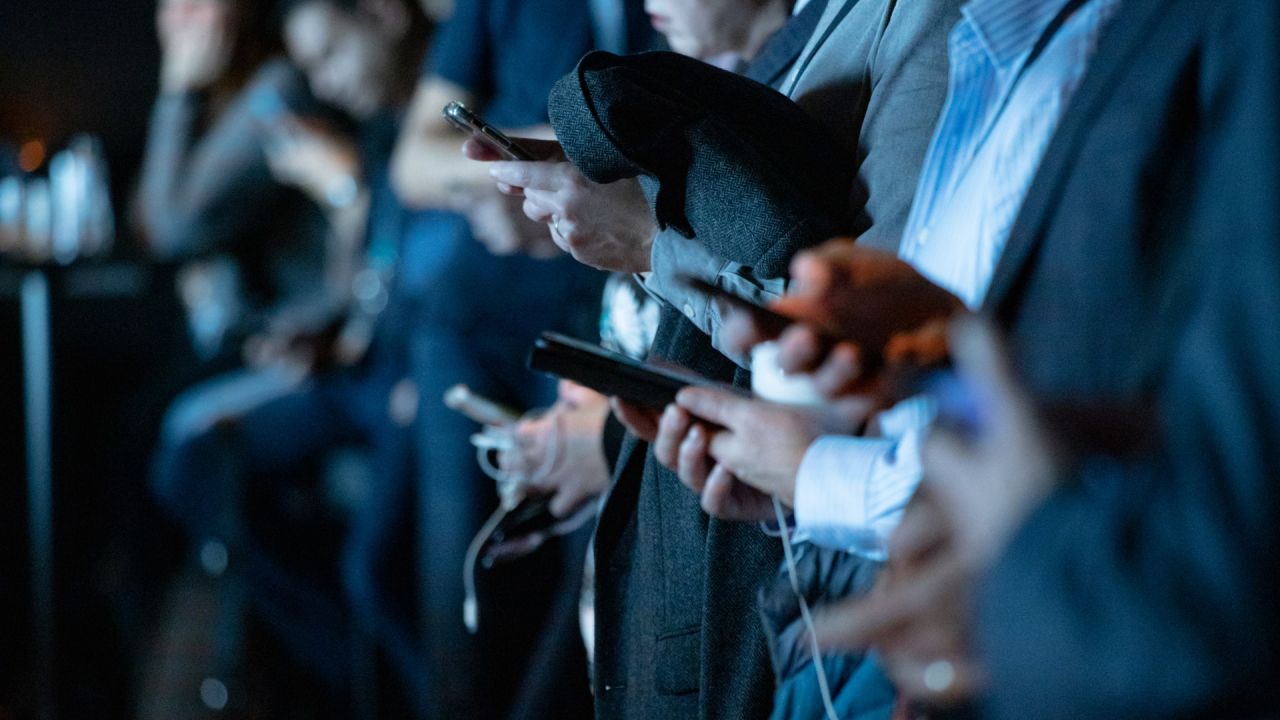It was when a friend living in Paris posted on Facebook: ‘We are all OK’, that I knew something definitely wasn’t OK. Something not OK had happened while I was asleep. I went on to BBC News and there saw the horrific news of the Paris terror attack in November last year. Another friend found out about the tragedy in Orlando in the same way.
We are not on news sites every second of every day, but we are on social media every second of every day – and night. Officially we spend 19% of all digital media time on social sites or apps, but in reality we know we are at the mercy of social in even our most private moments. Nearly a third of Americans aged 18-24 ‘admit’ to using social networks while actually on the toilet. Remember in the good old days when people used to read the newspaper on the toilet? No more.
Last week a line was crossed. Social media overtook TV bulletins as the primary access point for current affairs for young people. This is hardly news. But it does change the news that we receive.
Of course social media is giving politicians a platform they never had before. Ever since the so-called 'Facebook election' of 2008, Obama has been pushing the political boundaries of the social realm – recently finding form on Instagram. But really I’m thinking about us. The humble electorate.
Rather than hearing the headlines through the only, hem, slightly partisan lens of the main TV channels, or the clearly stated politics of the press, we hear them through our own social network. Selected and curated by ourselves. News edited by our peers. Views endorsed by our friends. Mostly violently agreeing with each other.
Take Brexit. Or rather Bremain, if you socialmedia-ise in London marketing and advertising circles. Everyone has a view and a clever photo montage and list of names to support their cause. The same one. We don’t hear the other argument. And this doesn’t feel quite right.
We started out loving social media for its honesty and authenticity. A haven free of media bias and agenda. And that is what we get. Our friends being very honest about their very personally biased views. Which is fine, as we quite probably agree with them. What we’re not getting is balance. And we need to be honest about that.
There are big implications for formal news providers too as increasingly audiences already know what the news is by the time they reach the official sources. They arrive armed with both facts and opinions and this will colour how they receive a story as well as what they expect from further coverage, particularly on TV.
In this new world, international news providers feel advantaged as they are able to elevate themselves further above national politics and parochial subjectivity. They are able to offer a more neutral perspective on what’s going on in your back yard, but even the behemoths are subject to the lore of the opportunistic citizen journalist. Audiences want to be in control and they want the news fast and short, with short form video key in delivering this.
Today we are multiscreen news consumers. We are empowered and powerful. We can dictate the news agenda, deciding what we think is interesting, what we want our networks to hear and bestowing our political views much more widely than during a heated discussion between six drunk people at the proverbial dinner party of old.
Broadcasters will need to adapt to serve today’s liberated audience in this new landscape, but punters (would be pundits) need to be aware too. Too much editorial control, in the hands of those who haven’t learned how to use it can amount to unconscious censorship. We don’t want to go there. We don’t just want the fast story, or our friends’ story. We want the full story.

